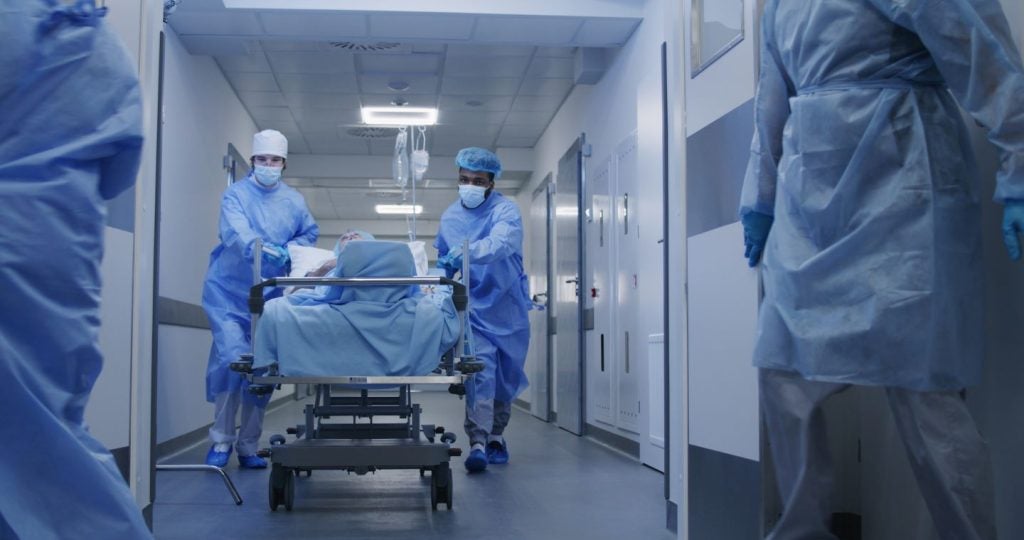The New South Wales (NSW) Government has announced an Emergency Department (ED) relief package worth A$480.7m ($316.2m) to reduce the annual number of visits to hospitals in the state.
This investment will be allocated under the 2024-25 NSW budget and will aid in cutting down the ED visits by an estimated 290,000 annually.
As part of the funding, several measures to alleviate the strain on hospitals across the state will also be deployed.
The package includes a significant A$171.4m expansion of Healthdirect services, which is expected to help nearly 180,000 people avoid visits to busy EDs each year.
Healthdirect will serve as a ‘Single Front Door’, providing free access to a range of healthcare services.
A new offering, VirtualADULTS, will offer virtual consultations with health professionals, including doctors, nurses, and mental health clinicians.
These virtual services will enable patients with urgent but non-life-threatening conditions to receive care and advice, including e-prescriptions and treatment plans, without needing to visit an ED.
Additionally, over 114,000 ED visits are expected to be avoided annually through A$100m investment in Urgent Care Services.
Since July last year, the government has provided 16 Urgent Care Services, with plans to deliver 25 across NSW by June next year.
The relief package also includes A$70m investment in ED Short Stay Units, which will provide additional treatment spaces for patients requiring short-term care.
Hospital in the Home service will be bolstered with A$31.4m investment to expand capacity and enhance virtual care services.
Through the package, new technology will be employed in hospitals to assist clinical staff in identifying patients suitable for earlier discharge.
In a separate announcement, the government also committed A$274m to increase staffing at new and upgraded hospitals that were previously understaffed.
The Essential Health Services Fund will enable the hiring of an additional 250 healthcare workers for hospitals set to open in the next financial year, catering to communities with growing and aging populations.
Hospitals benefiting from this investment include Prince of Wales, the new Tweed Hospital, and several others across the state.









